Can You Hunt in National Parks? Everything You Need to Know!
Last Updated on
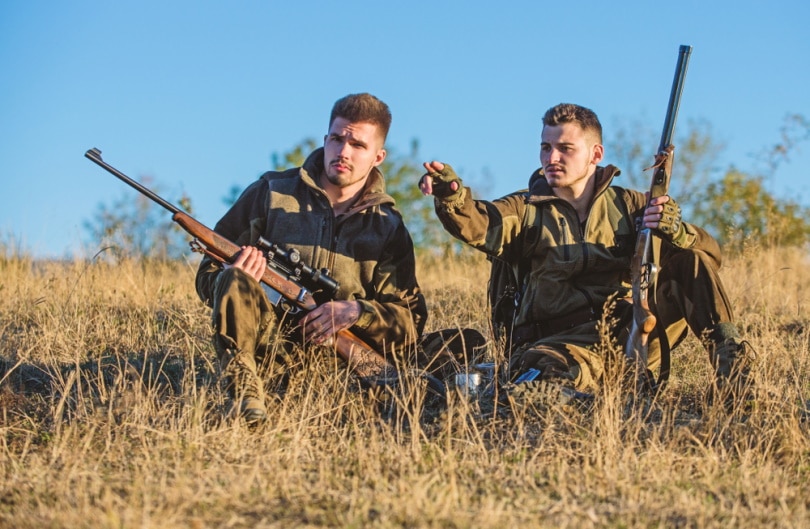
There are many misconceptions when it comes to hunting in national parks. Due to all the misinformation out there, we developed this guide to let you know everything about hunting in a national park.
While you can’t hunt in every national park, it might surprise you how many have regulated hunting seasons and areas to visit. Still, there are many rules that you’ll need to follow, so keep reading, as we break down everything that you need to know to safely and legally hunt in a national park.

Can You Hunt in a National Park?
If you’re looking to hunt in a national park, you need to do your homework first. There are completely different rules and regulations that you will need to follow depending on the state that you’re in.
For instance, in the national forests in Pennsylvania, you can hunt in the appropriate season if you have the correct license. But you can’t hunt in California national parks with a gun. Some national parks don’t allow you to hunt at all, while others have dedicated hunting grounds, and still others let you hunt just about anywhere during the dedicated hunting seasons.
So, please check with your area’s local laws and regulations before heading out.

Things to Know Before Hunting in National Parks
First, just because you can hunt in one area of the national park doesn’t mean you can hunt everywhere. Many parks have dedicated hunting spaces, and if you’re not careful, you can pass into a location where you’re not allowed to hunt.
Prevent this from happening by scouting out the area where you are allowed to hunt before heading out or by going deep into the allowed territory so you can roam as much as you need to without worrying about leaving the boundaries.
Second, ensure that you get all the required permits. While national parks allow hunting for a variety of ecological reasons, it’s also because they generate revenue from permits. Not only do they bring in billions of dollars from hunting licenses and permits, but this process also ensures that they have strict control over the number of animals that hunters bring down each year. Get the proper permits before you head out and stay on the right side of the law.
Finally, when you’re hunting in national parks, always know where the trail is at, and never shoot toward it. Hikers are common in national parks, and shrubbery and bushes can hide a nearby trail from sight.
Basic Hunting Safety Tips to Follow
Whenever you go out and hunt, no matter where you do it, there are a few basic safety tips that you need to follow to ensure that everyone stays safe.
1. Get Bright
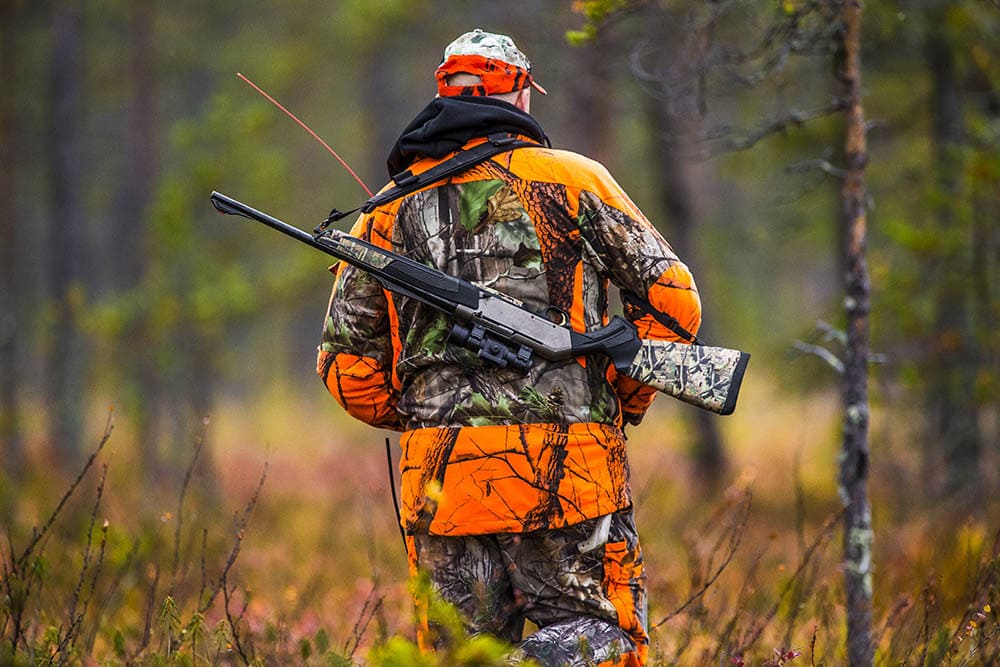
Chances are that you’re not the only person out there hunting. You want to get an animal, not have another hunter get you. Therefore, always wear hunter’s orange, so other hunters in the area can see you. It’s also why you always need to have eyes on what you’re shooting.
2. Let People Know Where You Are
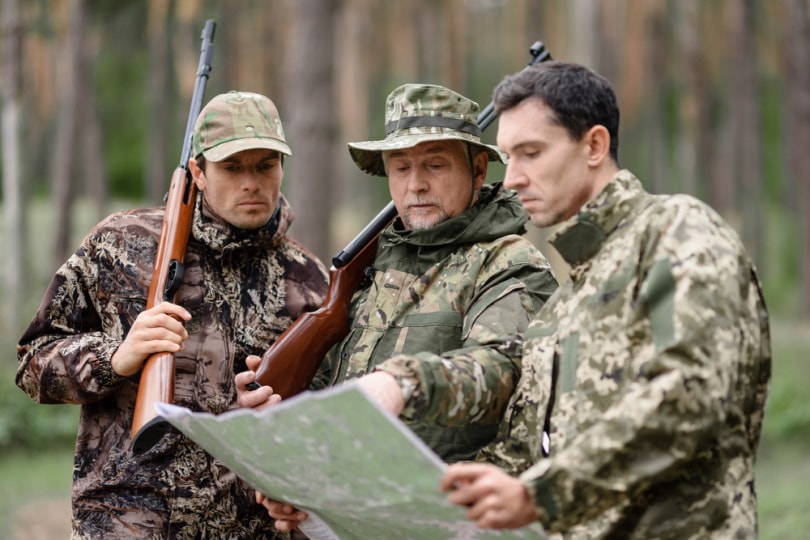
National parks are big — really big. Even the most experienced hunters can get lost, and if you don’t let anyone know where you’re going, nobody will know where to come find you. Before you head out, let someone know exactly where you’re going. If you get hurt or lost, they can send for help and get you back home safely.
3. Practice Firearm Safety

Anytime that you use a firearm, you need to practice basic firearm safety. Only point where you want to shoot, keep your finger off the trigger, keep the safety on, and always treat the firearm like it’s loaded.
4. Know Your Limits
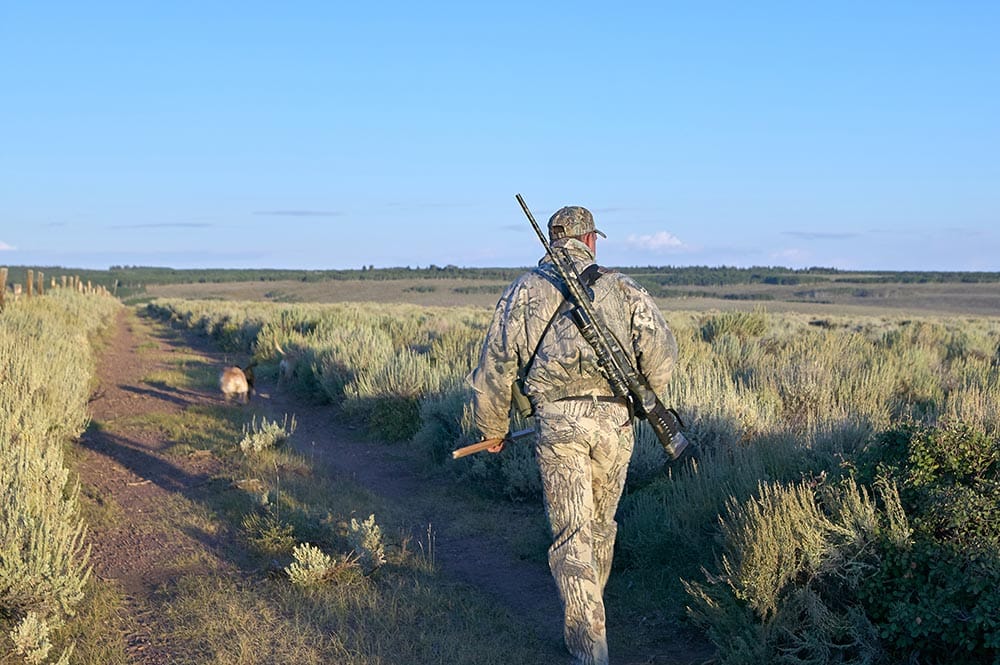
Hunting can be a physically demanding task, so know your limits before you head out. You don’t want to find yourself in a situation that you can’t get out of, and you don’t want to get hurt without a way to get help because you pushed yourself too far.
Also, be aware of trip hazards, slippery areas, and vertical dangers that can lead to an injury when you’re tired and trying to track down an animal.
5. Plan Ahead
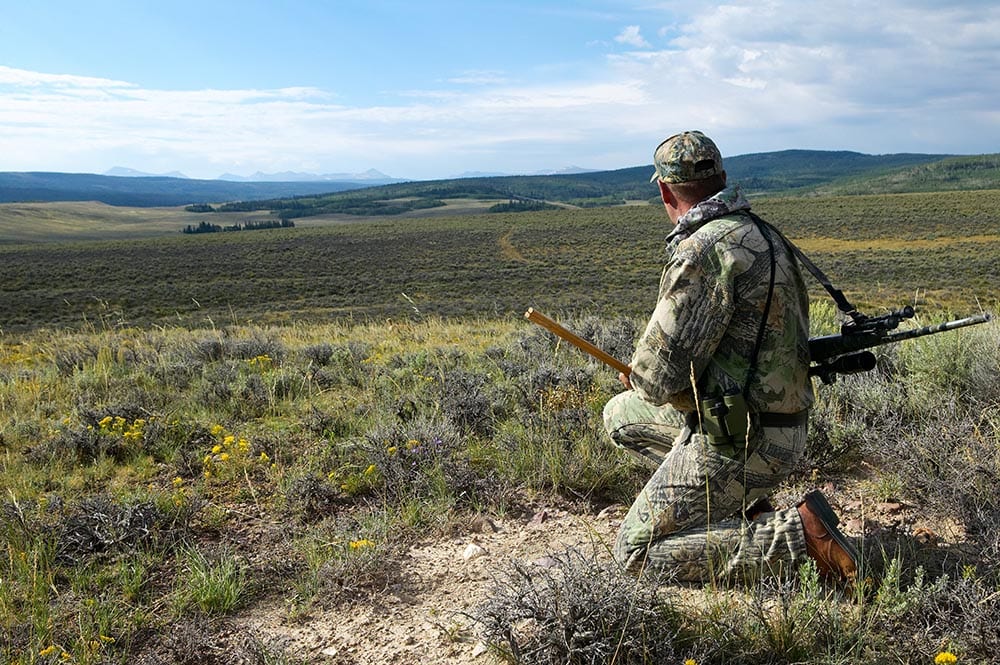
One of the best ways to stay safe when you’re hunting is to go out with a plan. Know where you’re going and how long you plan to be there. Bring water, snacks, and everything else that you’ll need for an extended trip. Most importantly, once you make your plan, stick to it!

Final Thoughts
When you want to go hunting but don’t know someone with enough private property that you can use, a national park can be a great resource. It’s public land, and as long as you follow all the local laws and regulations, it can make for great hunting grounds.
Just ensure that you know the rules and follow them all, so you don’t accidentally end up doing something that you’re not allowed to do!
Featured Image Credit: Just dance, Shutterstock
About the Author Robert Sparks
Robert’s obsession with all things optical started early in life, when his optician father would bring home prototypes for Robert to play with. Nowadays, Robert is dedicated to helping others find the right optics for their needs. His hobbies include astronomy, astrophysics, and model building. Originally from Newark, NJ, he resides in Santa Fe, New Mexico, where the nighttime skies are filled with glittering stars.
Related Articles:
Can You Use Binoculars to Look At Stars? How to Choose the Right Pair
How to Clean a Refractor Telescope: Step-by-Step Guide
How to Clean a Telescope Eyepiece: Step-by-Step Guide
How to Clean a Rifle Scope: 8 Expert Tips
Monocular vs Telescope: Differences Explained (With Pictures)
What Is a Monocular Used For? 8 Common Functions
How to Clean a Telescope Mirror: 8 Expert Tips
Brightfield vs Phase Contrast Microscopy: The Differences Explained
